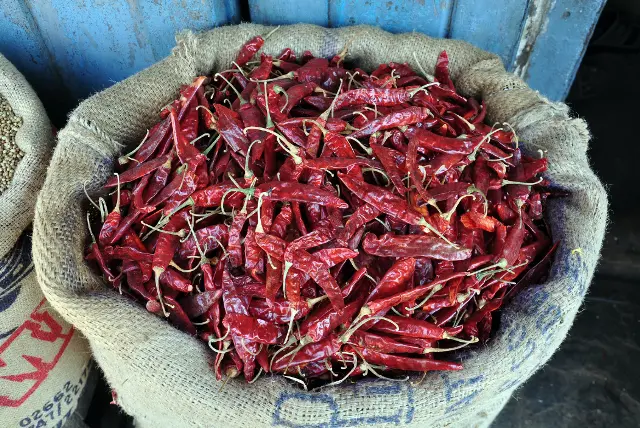Cayenne pepper, a common spice derived from Capsicum annuum, is often discussed for its effects on birds. Unlike mammals, birds do not have the same sensitivity to capsaicin, the active component in cayenne pepper. This disparity raises questions about the use of cayenne pepper in bird-related contexts, such as deterring pests or enriching bird feed.
Capsaicin and its Effects on Birds
Capsaicin is the compound responsible for the heat in chili peppers, including cayenne. It affects mammals by binding to a receptor in the pain pathway, causing a burning sensation. However, birds lack this receptor, which explains their insensitivity to capsaicin. This evolutionary difference likely developed as a way for plants to encourage seed dispersal by birds while deterring mammals who would destroy the seeds.
Application in Bird Feed
One common application of cayenne pepper in relation to birds is its addition to bird feed. The purpose is to deter squirrels and other mammals who might raid bird feeders, without affecting the birds themselves. Research indicates that birds, due to their insensitivity to capsaicin, are not deterred by the presence of cayenne pepper in their food. This approach is seen as humane and effective in keeping mammalian pests away from bird feeders.
Safety Concerns
Despite their insensitivity to the heat, there is a concern about whether cayenne pepper can be harmful to birds in other ways. There is limited research on the long-term effects of capsaicin on birds, especially when consumed regularly in their diet. Some experts argue that even if birds do not feel the heat, high concentrations of capsaicin could have other physiological impacts.
Moreover, the concern extends to the handling of bird feed mixed with cayenne pepper. Birds, particularly small species, are sensitive to environmental factors and can be affected by airborne particles. When mixing cayenne pepper into bird feed, there’s a risk of creating dust that can irritate birds’ respiratory systems.
Alternatives and Best Practices
Given the potential risks, some bird enthusiasts and experts suggest alternative methods to protect bird feed. These include using physical barriers or specially designed bird feeders that deter squirrels and other pests. Such methods reduce the need to add substances like cayenne pepper to bird feed, thereby eliminating any potential risks to the birds.
For those who choose to use cayenne pepper, it is recommended to use it sparingly and to mix it thoroughly with the bird feed to minimize dust. It’s also important to observe the birds’ behavior and health for any signs of distress or aversion to the feed.
Ethical Considerations
The ethical aspect of using cayenne pepper in bird feed also warrants discussion. While birds do not sense the heat, there’s a debate over whether it’s ethical to alter their natural food with a substance that is intended to affect other animals. Ethical wildlife feeding practices emphasize offering food that is as close as possible to a species’ natural diet.
Conclusion
In conclusion, while cayenne pepper does not hurt birds in the way it affects mammals, its use in bird feed raises several concerns. These include the potential for unknown health effects, respiratory risks from airborne particles, and ethical considerations. While it is a practical solution to deter pests from bird feeders, bird enthusiasts should consider alternative methods or use cayenne pepper cautiously, keeping the birds’ welfare in mind. Further research into the long-term effects of capsaicin on birds would be valuable in guiding best practices for feeding wild birds.
MORE POSTS: 8 Best Bird Identification Apps
Swatisweta Parida
Latest posts by Swatisweta Parida (see all)
- Does Food Coloring Hurt Birds: Investigating the Impact on Avian Health - December 17, 2023
- Will cayenne pepper hurt birds? - December 17, 2023
- 9 Animals that start with an F - November 13, 2023

